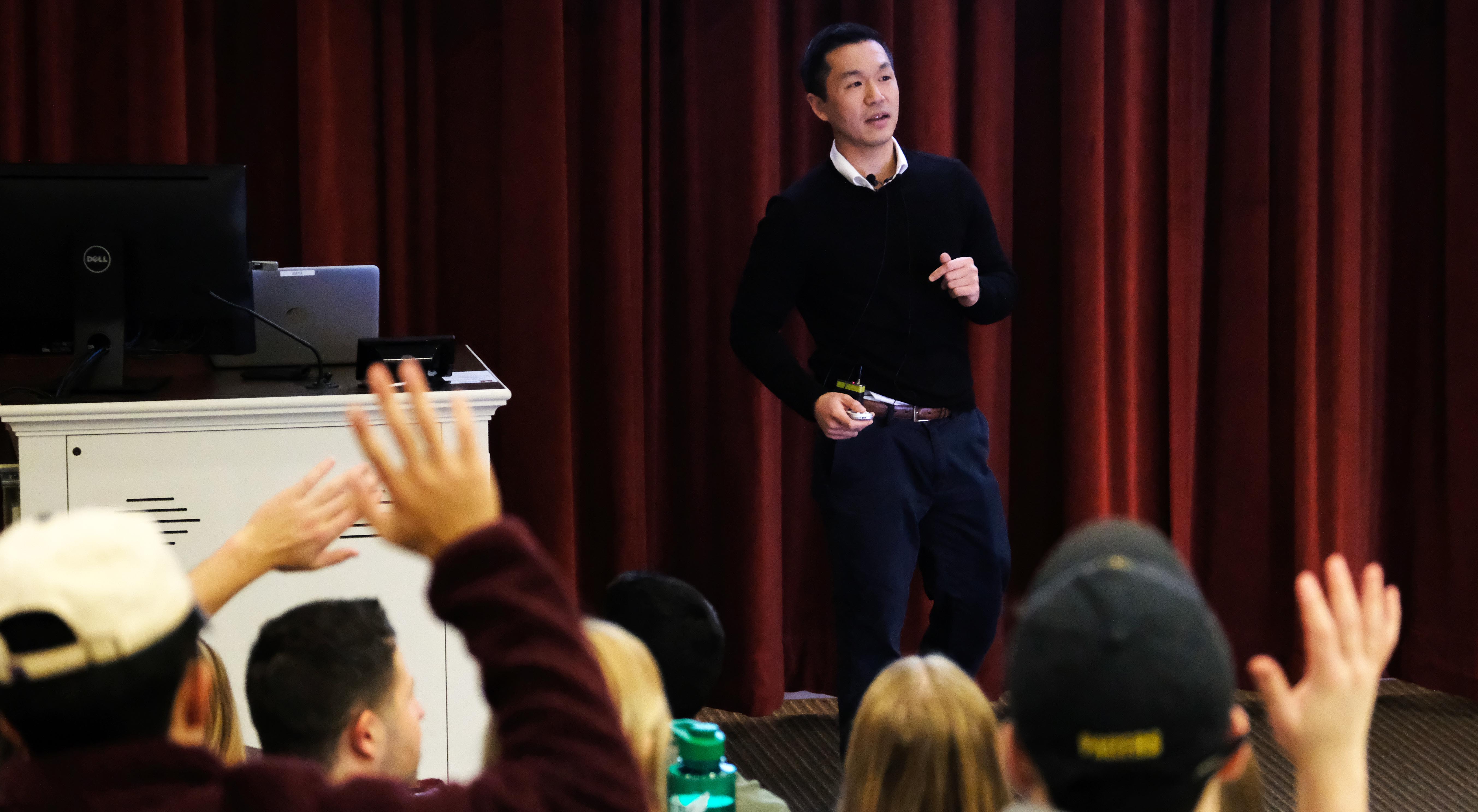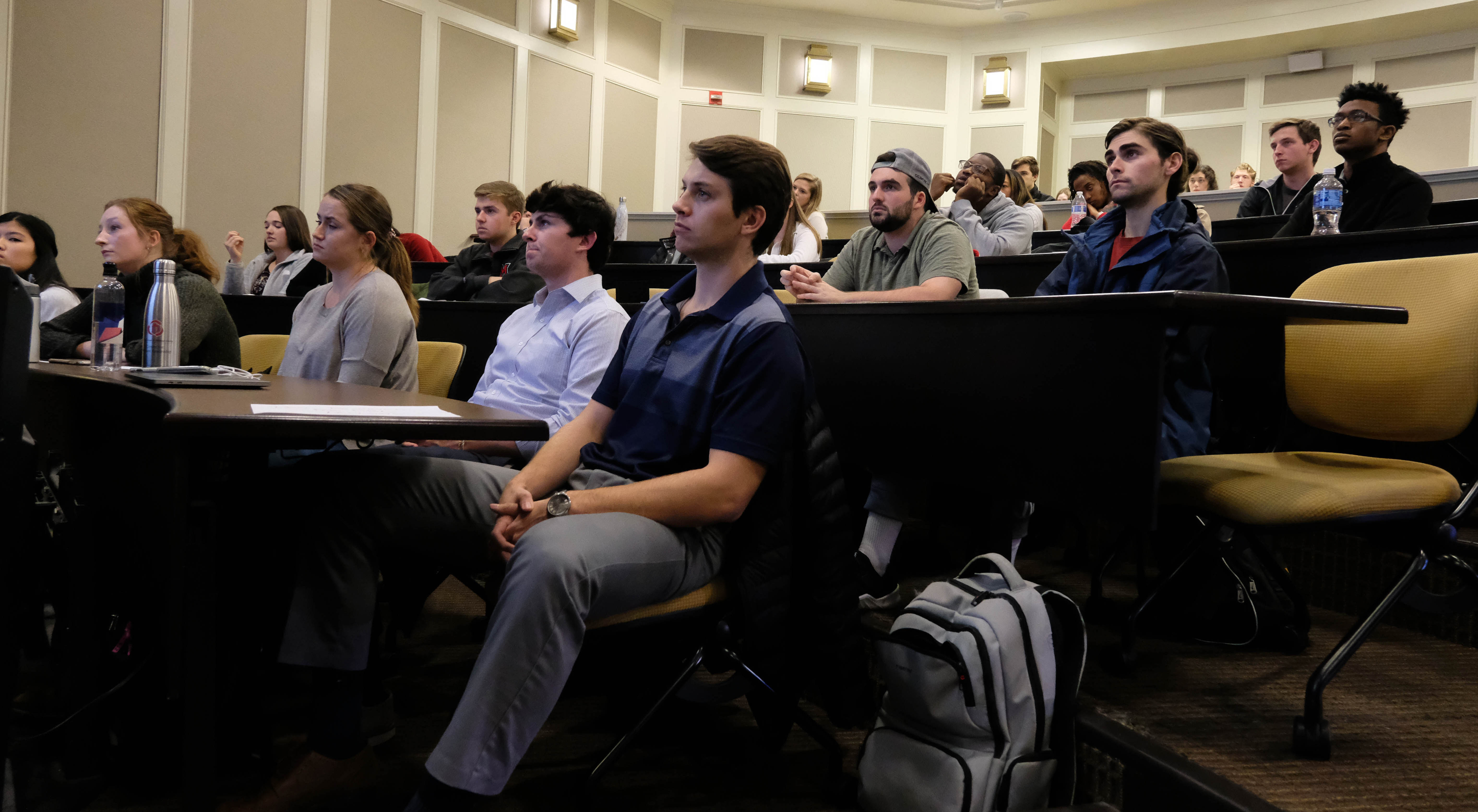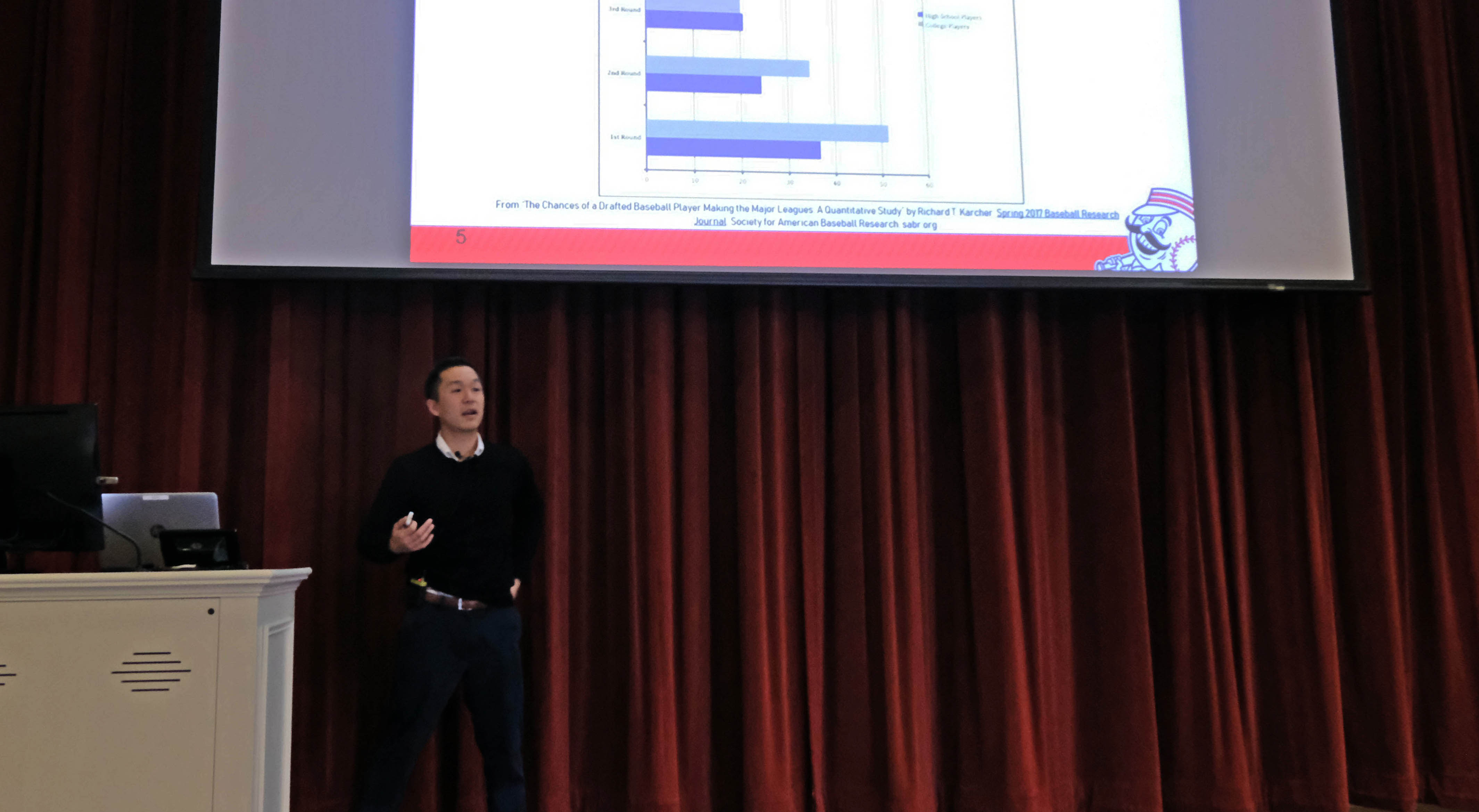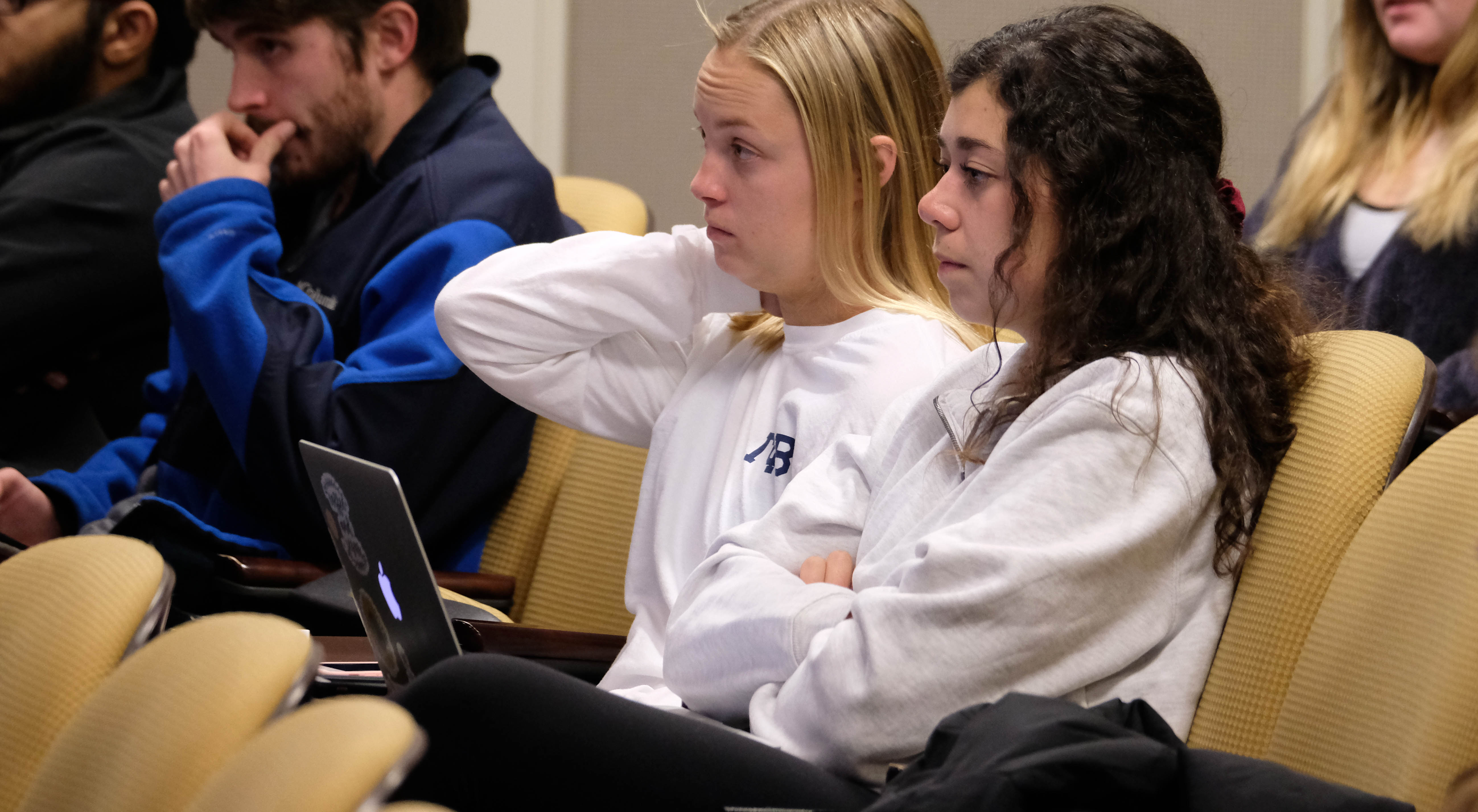Eric Lee: Transforming an organization from a group to a team

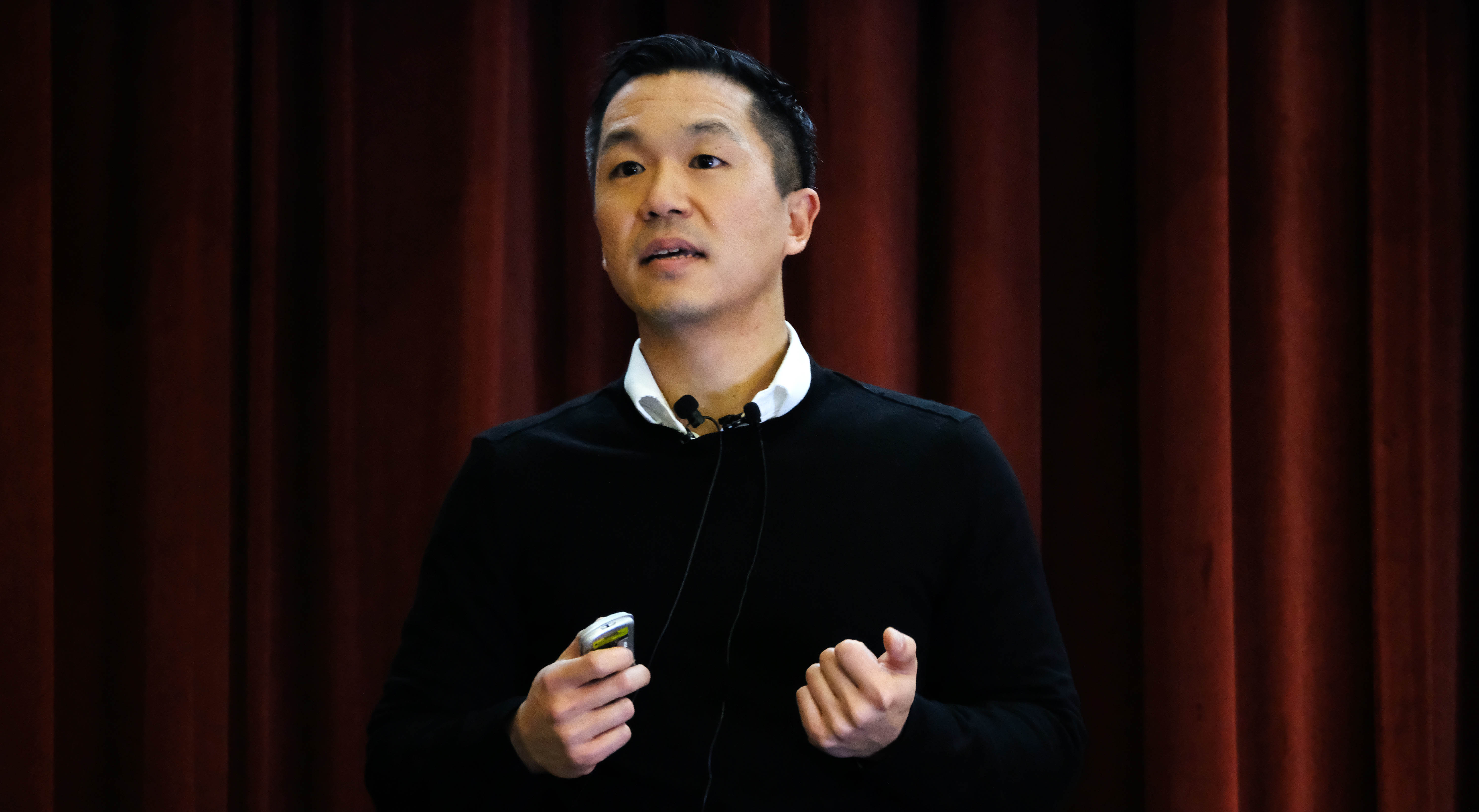
When Eric Lee became the senior director of player development for the Cincinnati Reds a little more than a year ago, he became the leader of a group of more than 200 players, 150 staff, and eight minor league affiliates in two countries. And the most immediate problem, Lee said, was that the group was just that – a group.
“There was really very little sense of who reporting to whom, who worked with whom. All these staff members, all of these disciplines, they were sort of free-standing islands,” he explained. “Strength and conditioning, its own Island. Medical, its own Island. Sport science, its own island. Analytics, its own Island. The field staff, the biggest and most powerful island. All sort of slowly drifting away from each other. There was one tin can with a string that was going back to the farm director.”
Lee spoke about the difficulties he and the Reds organization face and how he’s trying to overcome them to Miami University students at the Farmer School as part of the William Isaac and Michael Oxley Center for Business Leadership’s Farmer Team Initiative.
Lee said that when he started his new position, the organization suffered from a lack of communication, overcentralized leadership, members having individual goals that weren’t aligned with others’, and a pervading sense of people feeling they should just “do their job.”
“It’s easy to end up that way and a lot of times, that's effective. That's enough. That works. But not when we're trying to accomplish something big,” Lee said. “How do we go from a group on 10 islands and how do we become a team? How do we bring ourselves together and keep ourselves together?”
“What's our goal? Our goal is to get guys to the big leagues and keep them there,” he said.
Lee explained that he formed a player development tactical group, consisting of all the department heads, which talked daily and had conference call meetings weekly. The organization began using Slack and Zoom to communicate more quickly and effectively. And Lee began asking everyone two questions: “Who are we?” and “What do we do?”
“We felt like this was at the core of things. Why did we all get into the game? To be a part of something bigger, bigger than ourselves, to work to something greater than just what I'm doing on a daily basis for us,” Lee remarked. “Our front office answer was, ‘To inspire and to relentlessly pursue championships.’ Hitters will tell you, ‘We do damage or we take a walk. We hit balls 95 miles per hour harder with good direction.’”
Lee said that a critical component to building a team out of a group is building trust, which the organization is trying to build through being honest no matter the cost and by being able to admit being wrong. “A big part of how we're trying to do it is that we demand conflict. Conflict for me is really honest conversation. Really productive, really how things come to light and the elephants in the room get talked about and confronted and felt and identified and pointed out,” he said. “We welcome the hard decisions. We seek them out, we go find them. We don't avoid them. We don't dodge them. We don't wait for them to come to us.”
Lee said the process of turning the group into a team is ongoing, and that the Reds face some of the same obstacles that other businesses face – egos, tradition, getting people with wildly different backgrounds to work on the same page. “We are trying to turn a cruise ship around. We're suddenly trying to make these things important. That is really hard right now. That's the challenge right now.”
“We'll see what happens. Hopefully, I'm back in a year and I can tell you that we can brand this thing and sell it and write some books and get this thing out there. But for now, this is a work in progress,” he pointed out. “March 4th is the first day of minor league spring training, when all of us are going to be together. My message to them is going to be, ‘Get over yourself.’ I really wish someone had told me to get over myself. It's not about me. It's about something bigger than me. We're trying to accomplish something big.”
